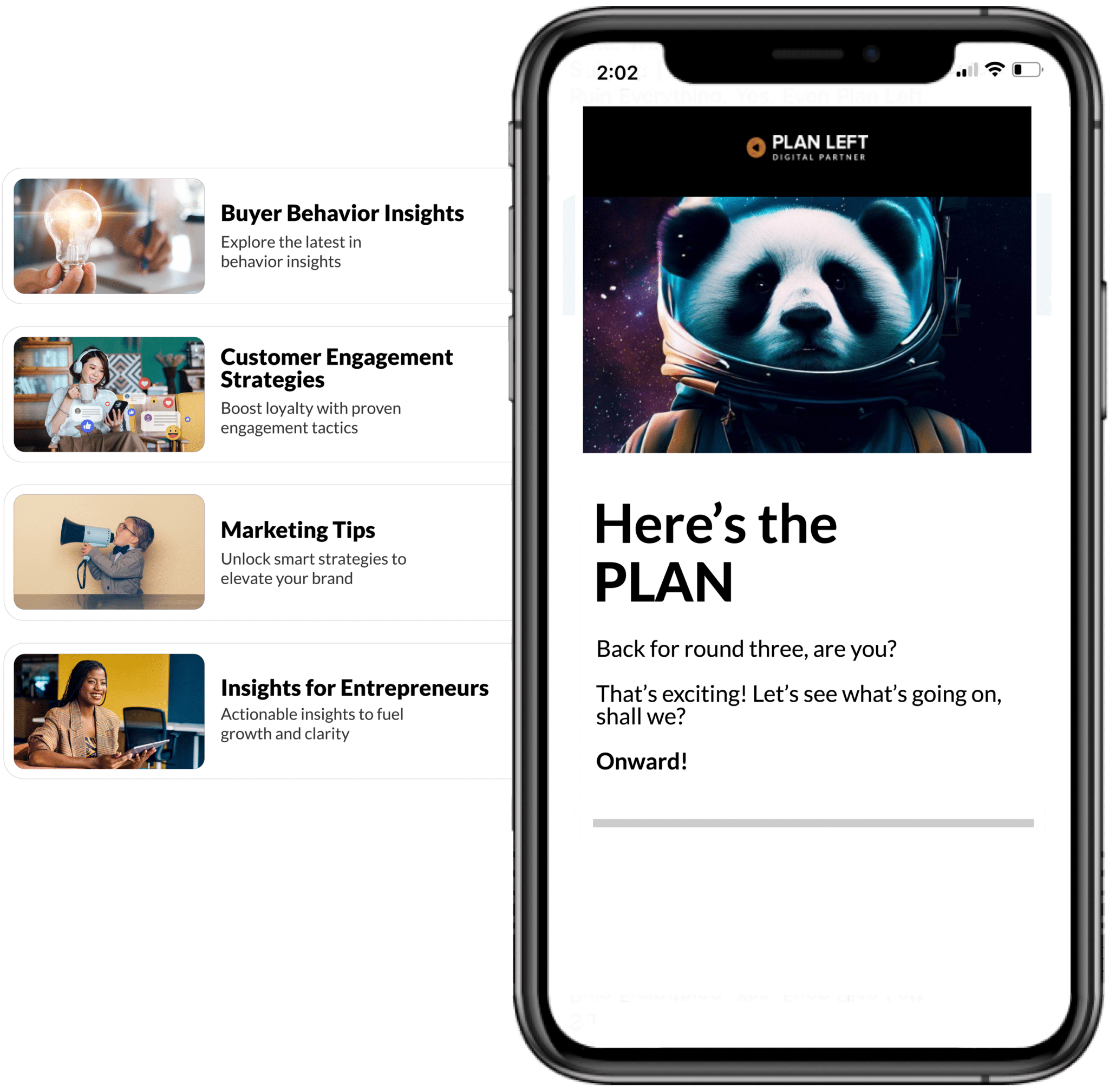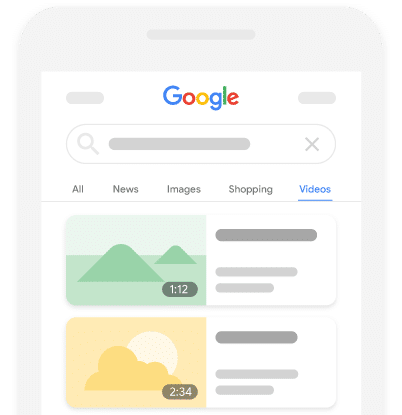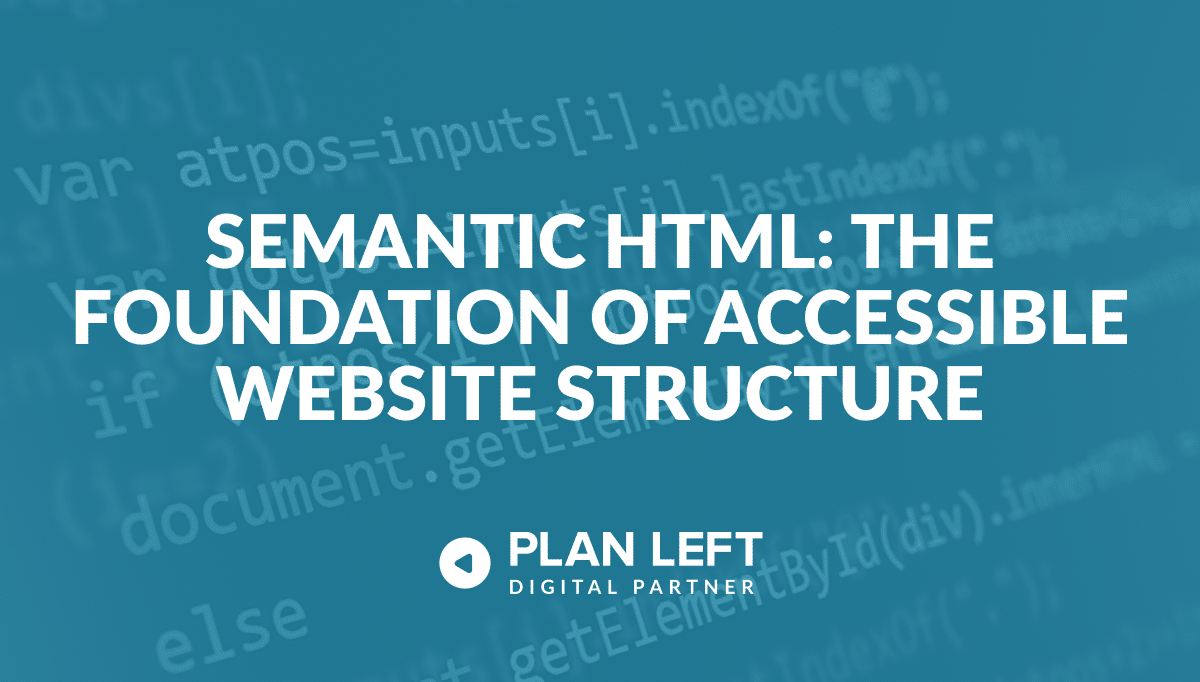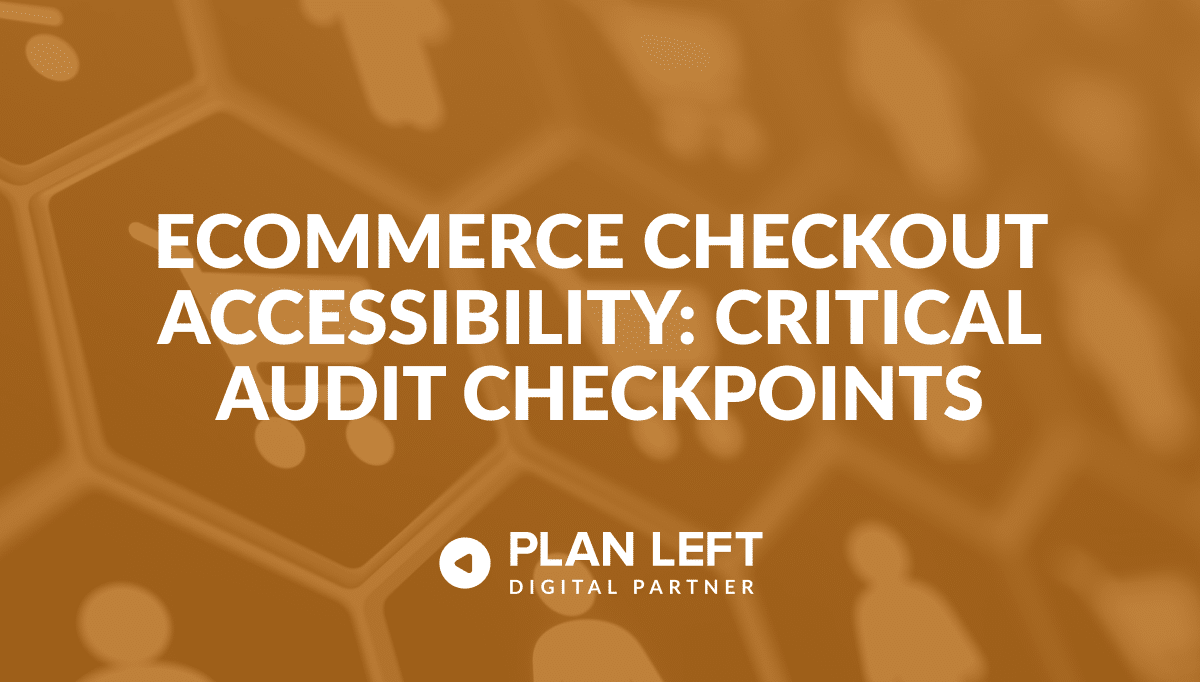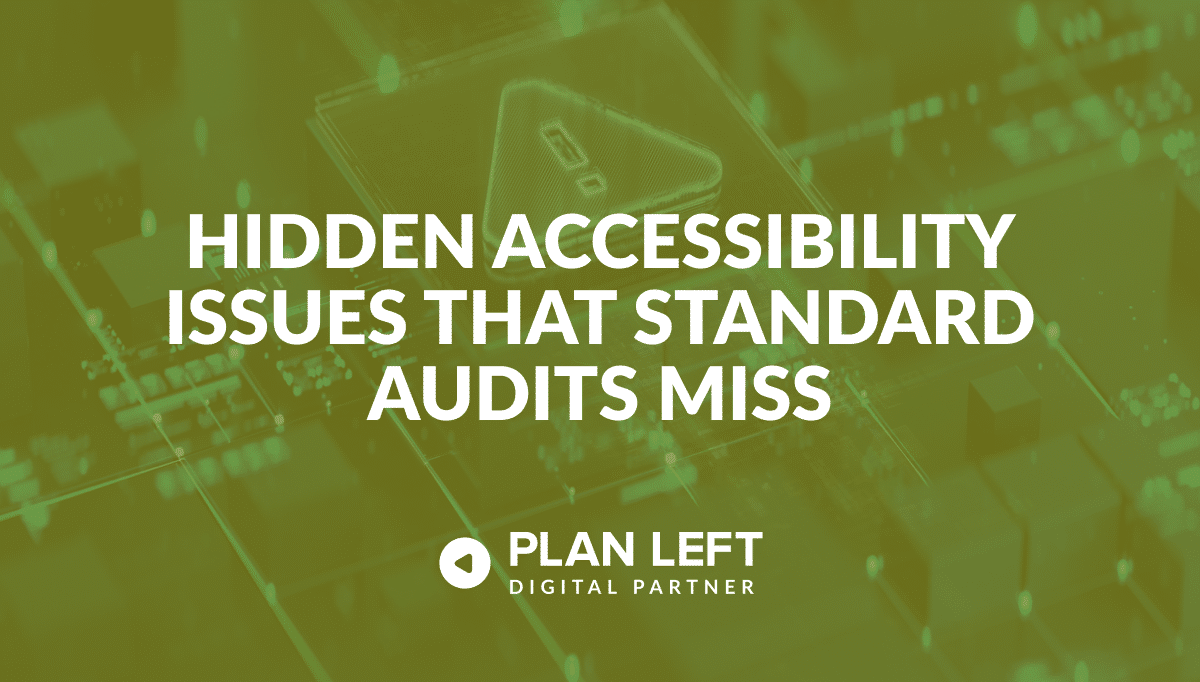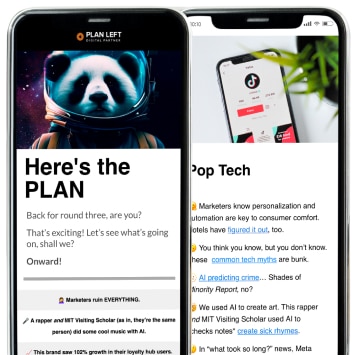
There’s a buzz of innovation and change that’s hard to ignore. With intriguing developments in Google’s Search Generative Experience (SGE), the latest core updates shaking up SEO, and Reddit’s impact on digital marketing, there’s a lot to unpack. Ready? Let’s dive in.
Gemini, Search & SEO
Google’s latest AI innovation, Gemini, developed by Google DeepMind, marks a significant leap in artificial intelligence technology. This advanced multimodal AI model is adept at processing a wide array of information types, including text, code, audio, images, and videos. Gemini distinguishes itself with its exceptional multimodal understanding, offering three versions – Ultra, Pro, and Nano— each designed for specific tasks.
Its integration into Google’s ecosystem, notably products like Bard and the Pixel 8 Pro, enhances its applicability. Gemini’s introduction is a game-changer in various fields, particularly in SEO, where it promises to revolutionize content creation, keyword research, and user experience enhancement. Its capabilities extend to predictive analytics, trend analysis, and automation, significantly impacting SEO strategies.
However, the effectiveness of Gemini hinges on a deep understanding of SEO principles. Emphasizing the importance of foundational SEO knowledge, the integration of advanced AI tools like Gemini with core SEO skills is vital for success in the constantly changing field of digital marketing. For a further breakdown and a more comprehensive understanding of Google’s Gemini and its impact, visit the full blog post here.
Google’s Search Ads Controversy
Google’s Search Ads have recently found themselves at the center of a heated debate. A study by Adalytics has cast a spotlight on a pressing issue: ads appearing on websites that clash with Google’s Publisher Policies. This revelation isn’t just about policy violations but a wake-up call for advertisers about the importance of brand safety and ethical advertising practices.
The crux of the controversy lies in Google Search Partner ads showing up in places they arguably shouldn’t. These include sites promoting illegal activities or hate speech, directly contradicting Google’s own guidelines.
This isn’t a small corner of the web. Established in 2003, the network spans a vast array of websites and apps. But here’s the catch — Google hasn’t made the full list of these partners public, leaving advertisers somewhat in the dark.
Imagine discovering your carefully crafted ads on websites that don’t align with your brand values. That’s the reality some advertisers faced, finding their ads on politically extreme or otherwise questionable sites despite efforts to block them.
When the lines blur on where ads are displayed, it’s not just a placement issue but a matter of trust. Advertisers need to know that their brand is represented in contexts that align with their values.
In response to the report, Google’s Dan Taylor labeled the findings as exaggerated and misrepresentative. Yet, the controversy remains a topic of discussion in the advertising world.
The issue is a reminder that advertisers must be proactive. Opting out of certain networks, fine-tuning content suitability settings, and regularly reviewing ad placements.
Google’s New Video Requirements
Google’s latest update to its video requirements in “Video mode” is something that every digital marketer and content creator needs to pay attention to. The new rule is clear – for a video to appear in search results, it must be the star of the show on your webpage. This means rethinking how we integrate videos into our content strategy.
Image Source: https://developers.google.com/search/blog/2023/12/video-is-the-main-content
To clarify, when we talk about ‘Video mode‘ in Google Search, we’re referring to the dedicated video tab in search results. This is where users go to find video-centric content, and now, Google wants to make sure that what they find is primarily video-focused.
What does Google consider non-primary video content? Essentially, if your video merely complements a blog post or a product detail page, it may not meet the new standards. In simpler terms, if there’s a substantial amount of written content and the video merely supports or highlights a topic, it’s considered non-primary.
For content to be deemed primary video content, the video should dominate the page, with any written content playing a minimal role.
With this update, the way videos are indexed and reported in Google Search Console will change. Videos not meeting the new criteria will be marked as “No video indexed,” which could lead to a decrease in indexed pages and impressions.
Google’s HowTo Rich Results are Back in the SEO Game
Remember the time when Google’s ‘HowTo’ rich results suddenly disappeared from mobile and desktop searches? In a turn of events that underscores the dynamic nature of SEO, these rich results are making a notable comeback.
After vanishing last August and September, ‘HowTo’ rich results have started to reappear in Google Search, alongside the return of FAQ rich results. This marks a pivotal shift in Google’s search dynamics, reaffirming the importance of structured data in enhancing online visibility and user engagement.
The reappearance of ‘HowTo’ and FAQ rich results isn’t just a routine update. It’s a strategic move by Google. At Plan Left, we’ve always emphasized the significance of these features. Our insights, as shared in our blog post FAQ: The Powerhouse of Missed Engagement, highlight how HowTo and FAQs are crucial for user engagement. They address user queries directly, making them invaluable for a comprehensive SEO strategy.
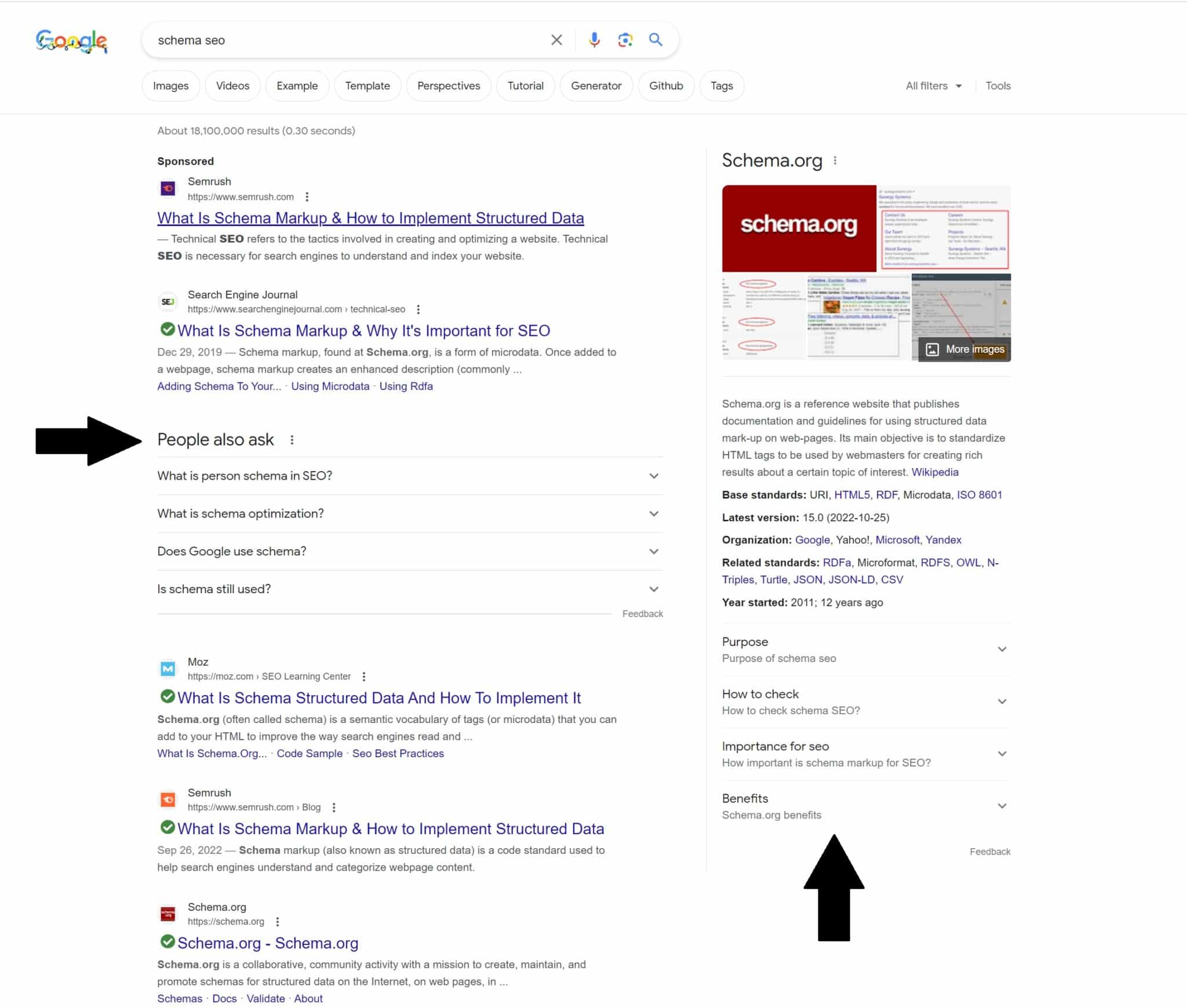
By bringing back HowTo and FAQ results, Google is likely reinforcing its commitment to delivering detailed, structured information directly within search results.
This move aligns perfectly with the user-centric approach of “Things to Know” and “People Also Ask,” which are designed to anticipate and answer user queries in a more conversational and engaging manner.
The reintroduction of these rich results can be seen as part of Google’s broader strategy to evolve search into a more interactive, informative, and user-friendly platform, further emphasizing the importance of well-structured, relevant, user-focused content (remember the Helpful Content Update?) in SEO strategies.
Changes in Google Search Console & eCommerce SEO
Starting January 2024, Google Search Console will no longer report on product search results in its Performance reports and API. This update marks a monumental shift in how product-related data is monitored and analyzed.
The upcoming change means that the product results search appearance, a key metric for many eCommerce sites, will no longer be available in the performance report and the API.
Earlier this year, Google Search Console split the Product results search appearance into two distinct categories: Merchant listings and Product snippets. This split laid the groundwork for the removal of product results reporting.
Despite the removal of product results reporting, you can still access valuable data. Merchant listings and Product snippets will be available as overlays on report charts and through the performance report’s search appearance tab or filter. Additionally, further insights can still be accessed from the merchant center reports in Search Console.
Reddit Became a Goldmine for Advertisers & Marketers in 2023
Have you noticed the orange and white alien icon popping up more frequently in your search results this year? That’s Reddit, and it’s been making some significant waves. Reddit’s 2023 annual recap has revealed intriguing trends and updates, particularly in the realms of knowledge-driven subreddits and advertising enhancements. This year, Reddit has diversified its appeal, with a notable increase in subreddits focused on learning and serious discussions. For marketers, this evolution presents a plethora of opportunities.
Subreddits like r/todayilearned and r/NoStupidQuestions have seen a surge in viewership, indicating a growing appetite for knowledge and intellectual engagement among Reddit users. This shift makes Reddit an ideal platform for marketers looking to connect with an engaged and curious audience.
To enhance its appeal to advertisers, Reddit has introduced several key updates:
- New, engaging ad formats like Carousel Ads and Product Ads within Conversation Placement.
- Carousel Ads now boast multiple images or GIFs, each with a clickable link, leading to a significant increase in user engagement.
- The Boost 2.0 Certification Program, part of the Reddit Ads Formula program, is designed to help advertisers maximize their success on the platform.
In addition to these advertising enhancements, Reddit has updated its search function and introduced an “Official” label for organization profiles, mirroring Google’s focus on transparency and user-friendly experiences this year. This alignment is no mere coincidence but a strategic move.
Why should Reddit be on every marketer’s radar?
- Engaged and Informed Audience: Reddit’s shift towards more knowledge-oriented content has cultivated an audience that’s not just engaged but also eager for informative and thought-provoking content.
- Tailoring Content for the Curious Mind: Marketing strategies that resonate with educational content or stimulate intellectual discussions are likely to be more effective with this audience.
- A Platform for Innovative Engagement: The rising popularity of knowledge-driven subreddits opens new avenues for marketers to introduce innovative products or concepts.
Reddit’s transformation in 2023 has positioned it as a key player in the digital marketing arena, offering unique opportunities for brands to engage with an informed and curious audience. If Reddit isn’t already part of your social media strategy, it needs to be.
Watercooler Highlights
Some updates just can’t be overlooked. This week’s Watercooler Highlights is buzzing with Firefox URL tracking removal, the volatility of the November core update, and SGE image upload feature. Don’t let the competition outpace you. Read more below.
Firefox’s URL Tracking Removal
Firefox’s recent announcement to offer users the choice of removing tracking information from copied URLs marks a growing trend in enhancing online privacy. This move, following iOS 17’s blocking of user tracking via URLs, indicates a momentum shift towards removing tracking data from URLs.
This development raises questions about the future of URL tracking parameters and their role in online marketing. While Firefox’s market share is relatively small, if other popular browsers follow suit, it could begin to impact marketing strategies.
However, many have already adapted to this change by integrating future-proof workarounds like pixel-based integrations for more accurate tracking and attribution.
The trend toward privacy is expected to continue, but the extent to which browsers will block URL parameters remains to be seen.
November Core Update
Google’s November 2023 core update, which took about 26 days to fully roll out, has been identified as more volatile than the October 2023 core update, according to data providers who have analyzed the impact of these updates on search rankings.
The increased volatility observed in the November update suggests that websites might have experienced more significant fluctuations in their search rankings. For SEO professionals and website owners, this underscores the importance of continuously monitoring and adapting their strategies in response to Google’s core updates.
Google SGE’s Image Upload Feature
Google’s Search Generative Experience (SGE) is testing a groundbreaking feature that allows users to upload images along with their text queries, enhancing the search by image capabilities and offering a more nuanced, multimodal search experience.
As search technology evolves to incorporate more visual elements, Plan Left has long emphasized the strategic importance of images in SEO and ADA accessibility, as highlighted in our blog post The Strategic Power of Images: Boosting SEO & ADA Accessibility.
Google SGE’s new feature reinforces our stance on the significance of visual elements in digital content. Images are not just aesthetic enhancements but crucial tools for improving search visibility, user engagement, and accessibility.
Wondering how to make these updates work for your brand? That’s where Plan Left steps in. Think of us as your digital strategy sidekick, ready to tackle the twists and turns of search engine updates with you.
We don’t build websites and write content for today. We craft them to stand strong tomorrow, next month, and years down the line, always keeping your audience front and center. So, If you’re looking for a partner who gets it and gets results, reach out to Plan Left.
Explore Latest Posts
Every developer has faced the moment when their beautifully designed website looks perfect in the browser but fails spectacularly when ... read more
July 2, 2025
Every abandoned cart tells a story. For users with disabilities, that story is often one of frustration, exclusion, and missed ... read more
June 30, 2025
Your website passes every automated accessibility check, meets WCAG compliance standards, and earned a perfect score on your latest audit. ... read more
June 25, 2025
Essential Strategies for Entrepreneurs
Get Actionable Business Insights & Marketing Tips
Our newsletter delivers real-world strategies from entrepreneurs who’ve been exactly where you are.
Sign up now for:
- Actionable growth strategies that work
- Insider tactics for attracting top talent
- Real-world case studies from successful founders
- Emerging tech trends that drive innovation
- Pragmatic marketing approaches for visionary leaders
